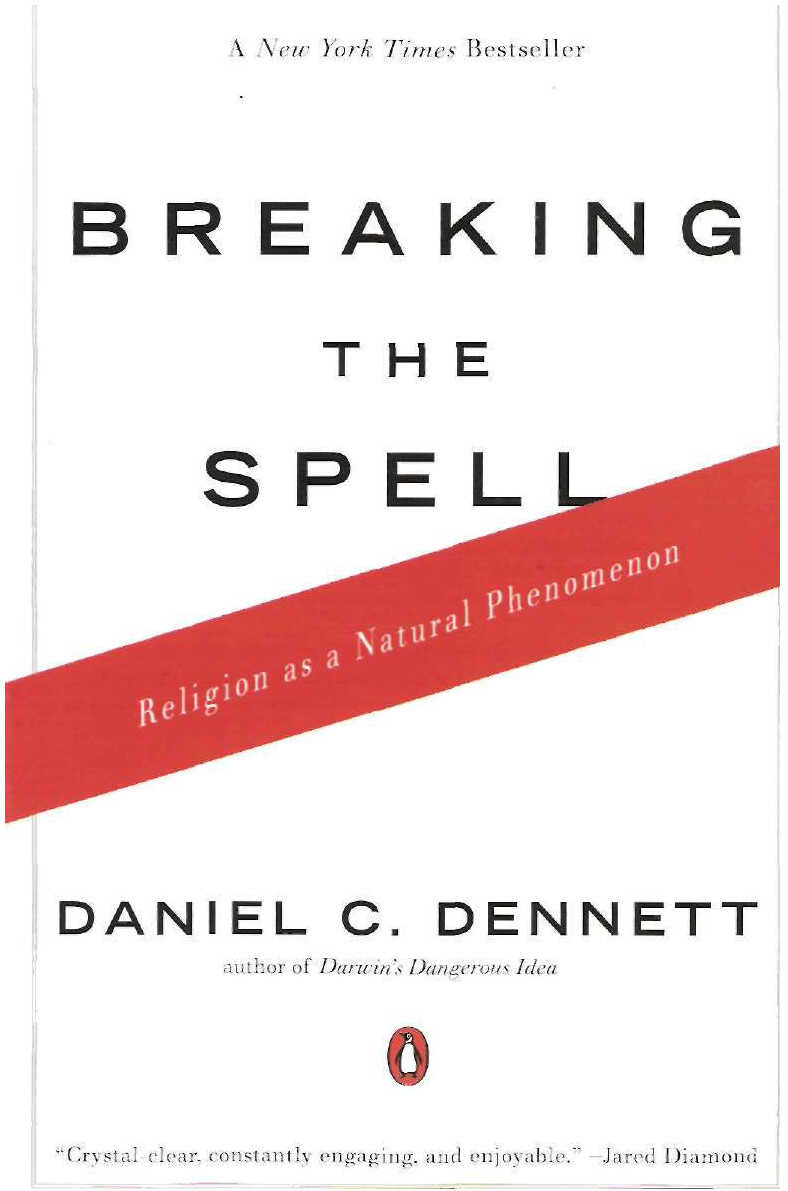Шрифт:
Закладка:
Анализ радикальных изменений в динамике власти и влияния, показывающий, как механизм, приведший в действие Большую ложь, работает на создание заказных реальностей, революционизирующих политику, культуру и общество.
Исследование Рене ДиРеста о том, как власть и влияние претерпели глубокие изменения, показывает, как виртуальная мельница слухов, состоящая из нишевых пропагандистов, все больше формирует общественное мнение.
Раскрывая механизм и динамику взаимодействия между агентами влияния, алгоритмами и сетевыми толпами, ДиРеста наглядно демонстрирует, как пропагандисты намеренно подрывают веру в фундаментальную легитимность институтов, обеспечивающих функционирование общества. Эта альтернативная система формирования общественного мнения, до сих пор не исследованная, глубочайшим образом переписывает отношения между народом и его правительством. Благодаря глубокому пониманию того, что пропагандисты способны побудить толпу в Интернете к битве, не неся при этом никакой ответственности за последствия, «Невидимые правители» не только предсказывают эти последствия, но и предлагают лидерам способы быстро адаптироваться и дать отпор.
Рене ДиРеста - руководитель технических исследований в Стэнфордской интернет-обсерватории, междисциплинарной программе исследований, преподавания и участия в политике, направленной на изучение злоупотреблений в сфере информационных технологий.





